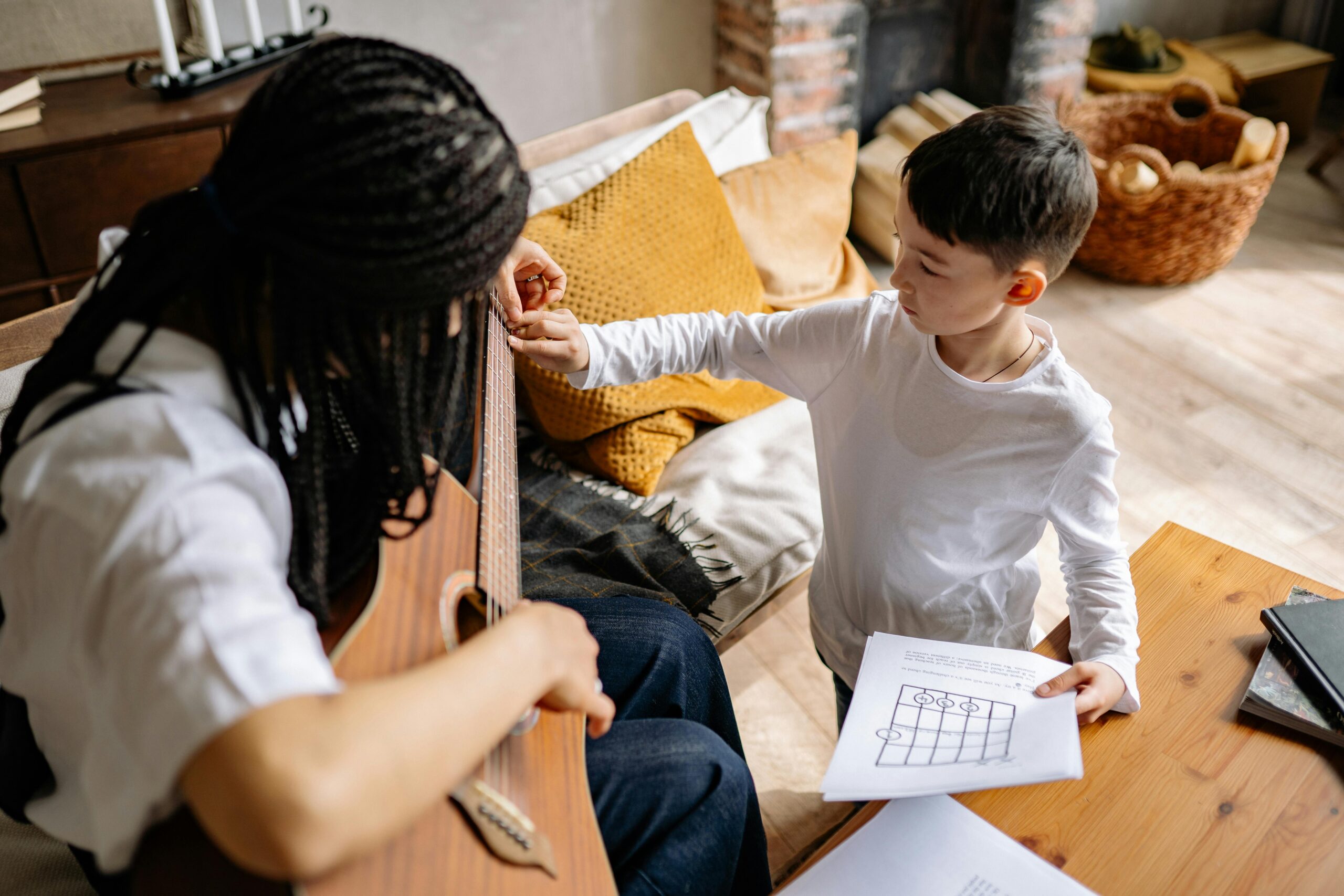Music is a universal language that transcends borders and brings people together. Whether you’re looking to play an instrument, sing, or just understand how music works, beginning your musical journey can be both exciting and overwhelming.
This guide provides a beginner-friendly overview to help you take your first steps into the world of music—no matter your age or experience level.
1. Why Learn Music?
Learning music has countless benefits beyond just playing an instrument.
Benefits include:
- Enhances memory and cognitive function
- Improves focus and discipline
- Reduces stress and boosts mood
- Encourages creativity and self-expression
- Builds confidence through performance
Plus, it’s a great hobby that can evolve into a lifelong passion.
2. Choose Your Musical Path
Start by deciding how you want to engage with music.
Common paths:
- Play an instrument (guitar, piano, violin, drums)
- Learn to sing and understand vocal technique
- Produce music digitally using software
- Understand music theory and notation
Pick the path that excites you most. You can always expand your skills later.
3. Pick the Right Instrument
If you’re learning to play, choosing the right instrument is key.
Tips for choosing:
- Consider your musical taste (e.g., rock = guitar, classical = piano)
- Think about your space and noise tolerance
- Try out instruments at a music store if possible
- Start with a simple or versatile instrument (e.g., ukulele or keyboard)
Don’t worry about mastering it right away—just start exploring!
4. Understand Basic Music Theory
Music theory helps you understand what you’re playing or hearing. You don’t need to dive deep, but learn the basics:
- Notes and pitch: High and low sounds
- Rhythm: The timing and beat of music
- Scales: Patterns of notes (like major or minor)
- Chords: Groups of notes played together
- Notation: Reading sheet music or tablature
Free resources and YouTube tutorials can help you learn these step by step.
5. Set Realistic Learning Goals
Like any skill, learning music takes time and consistency. Avoid trying to do everything at once.
Sample goals:
- “Practice 15 minutes a day”
- “Learn 3 chords this week”
- “Memorize the C major scale”
Celebrate progress over perfection—small wins build momentum.
6. Use Online Resources and Apps
You don’t need a teacher to get started. Many free and paid tools are available online.
Popular tools:
- YouTube tutorials for any instrument or style
- Simply Piano, Yousician, Fender Play (interactive apps)
- Musictheory.net for basics
- GarageBand or FL Studio for digital music creation
Pick tools that match your learning style—visual, auditory, or hands-on.
7. Practice Regularly (Even if It’s Short)
Consistency is more important than long practice sessions.
Practice tips:
- Schedule daily time—even just 10–15 minutes
- Focus on one skill at a time
- Warm up before starting
- Record yourself to track progress
Over time, muscle memory and understanding will improve.
8. Play Songs You Love
Learning music doesn’t have to be boring. Playing songs you enjoy keeps you motivated.
- Start with simple versions of favorite songs
- Use chord charts or tutorials
- Play along with recordings to improve timing
It’s okay to mix technical exercises with fun songs.
9. Join a Music Community
Learning is more fun with others.
Connect through:
- Local classes or workshops
- Online forums and Facebook groups
- Social media music challenges
- Jamming with friends
Sharing your journey builds confidence and helps you stay accountable.
10. Be Patient and Enjoy the Process
Learning music is a journey, not a race.
- Don’t compare yourself to advanced players
- Accept mistakes as part of growth
- Stay curious and open to different styles
- Most importantly—have fun!
The joy of music comes from expression, not perfection.
Final Thoughts: Your Musical Journey Starts Today
It’s never too late—or too early—to start learning music. With the right mindset, tools, and practice habits, anyone can become musically literate and creative.
Start small, keep playing, and let the world of music inspire you every step of the way.
